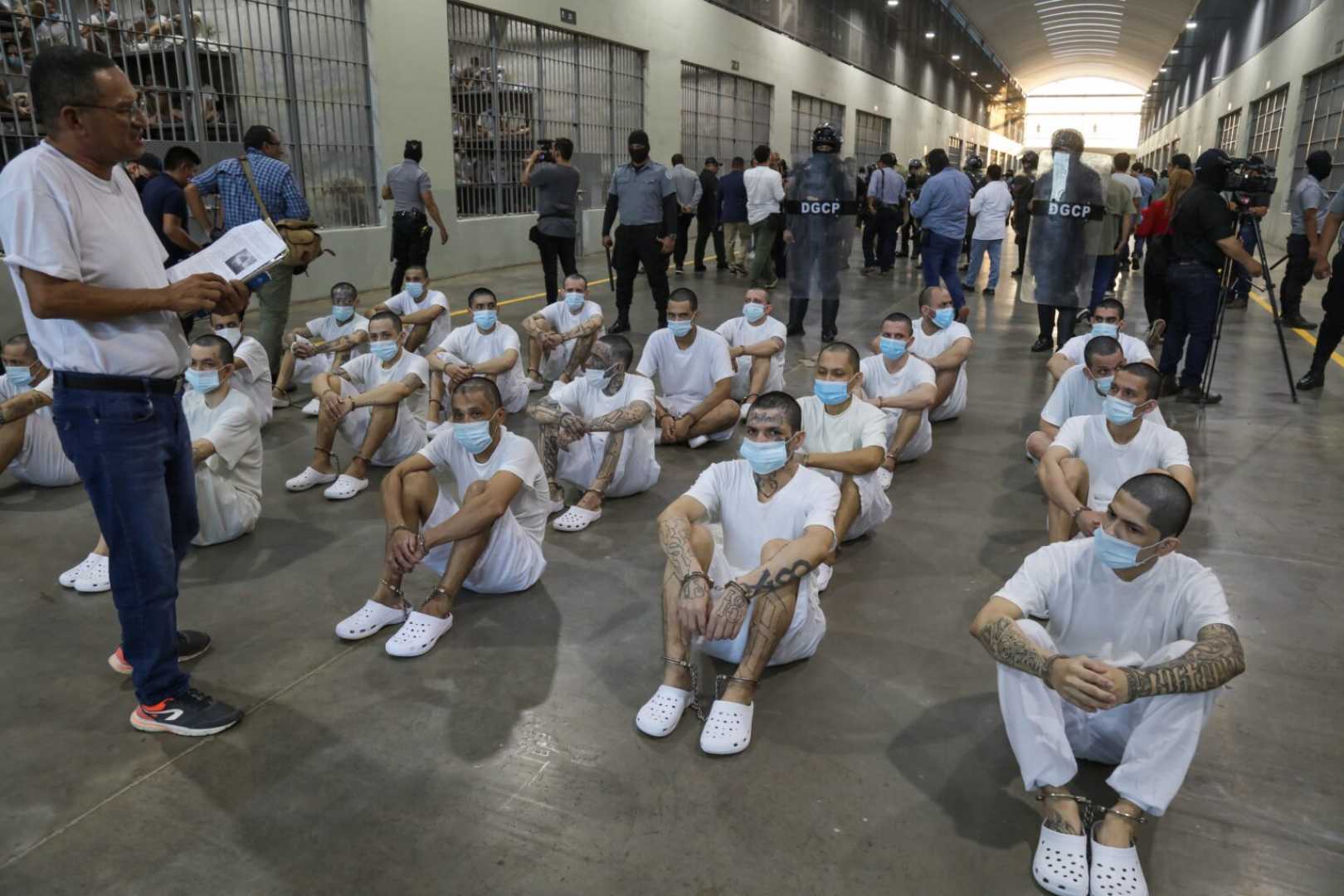Politics
Supreme Court Ruling Allows Immigration Officials to Quickly Deport Alleged Gang Members

WASHINGTON, D.C. — The U.S. Supreme Court on Monday permitted President Donald Trump to enforce the Alien Enemies Act, granting the administration a significant advantage in its efforts to expedite the deportation of alleged gang members. This unsigned decision permits the invocation of a 1798 law while ongoing litigation regarding its application continues in lower courts.
The ruling allows immigration officials to use this wartime authority to swiftly remove individuals identified as threats, notably members of gangs like Tren de Aragua, categorized by the government as a foreign terrorist organization. The court emphasized that individuals being deported must receive notice regarding their deportation status and an opportunity to contest their removal.
Justices eliminated a previous ruling by U.S. District Judge Boasberg that had temporarily halted Trump’s ability to apply the Alien Enemies Act against certain individuals—including five Venezuelans who filed a lawsuit. The dissent originated from the court’s three liberal justices, along with a partial dissent from Justice Amy Coney Barrett.
“The notice must be afforded within a reasonable time and in such a manner as will allow them to actually seek habeas relief in the proper venue before such removal occurs,” the justices wrote. They maintained that detainees facing removal under the Alien Enemies Act should be given adequate time to challenge their deportations.
Legal representatives for the migrants expressed concern that the government’s aggressive deportation practices restrict their ability to file necessary legal challenges. The court’s order clarifies that immigration officials must ensure that those affected are informed promptly and clearly about their removal processes.
“Detainees are entitled to notice and an opportunity to challenge their removal,” the courts stated, emphasizing the need for procedural fairness in the process.
The White House has not yet commented on the ruling. This decision comes amid escalating tensions surrounding immigration policy and due process rights in the United States.
Previous attempts by Trump’s administration to employ the Alien Enemies Act have faced pushback from civil rights organizations, including the ACLU and Democracy Forward, which argue that deportations are often executed without due process. Their lawsuits contend that individuals are forcibly removed without adequate time to contest their deportation.
Supporters of the ruling assert that the administration must have broad authority to protect national security. “If you illegally invaded our country, the only ‘process’ you are entitled to is deportation,” stated Stephen Miller, an advisor to the President.
As the legal battle continues, the implications of this ruling may significantly affect the treatment and rights of immigrants facing deportation. Advocates for immigrant rights continue to express outrage over the government’s practices, citing potential abuses of authority and infringements on due process.
This decision marks a crucial moment in the intersection of immigration policy and judicial authority in the United States.












